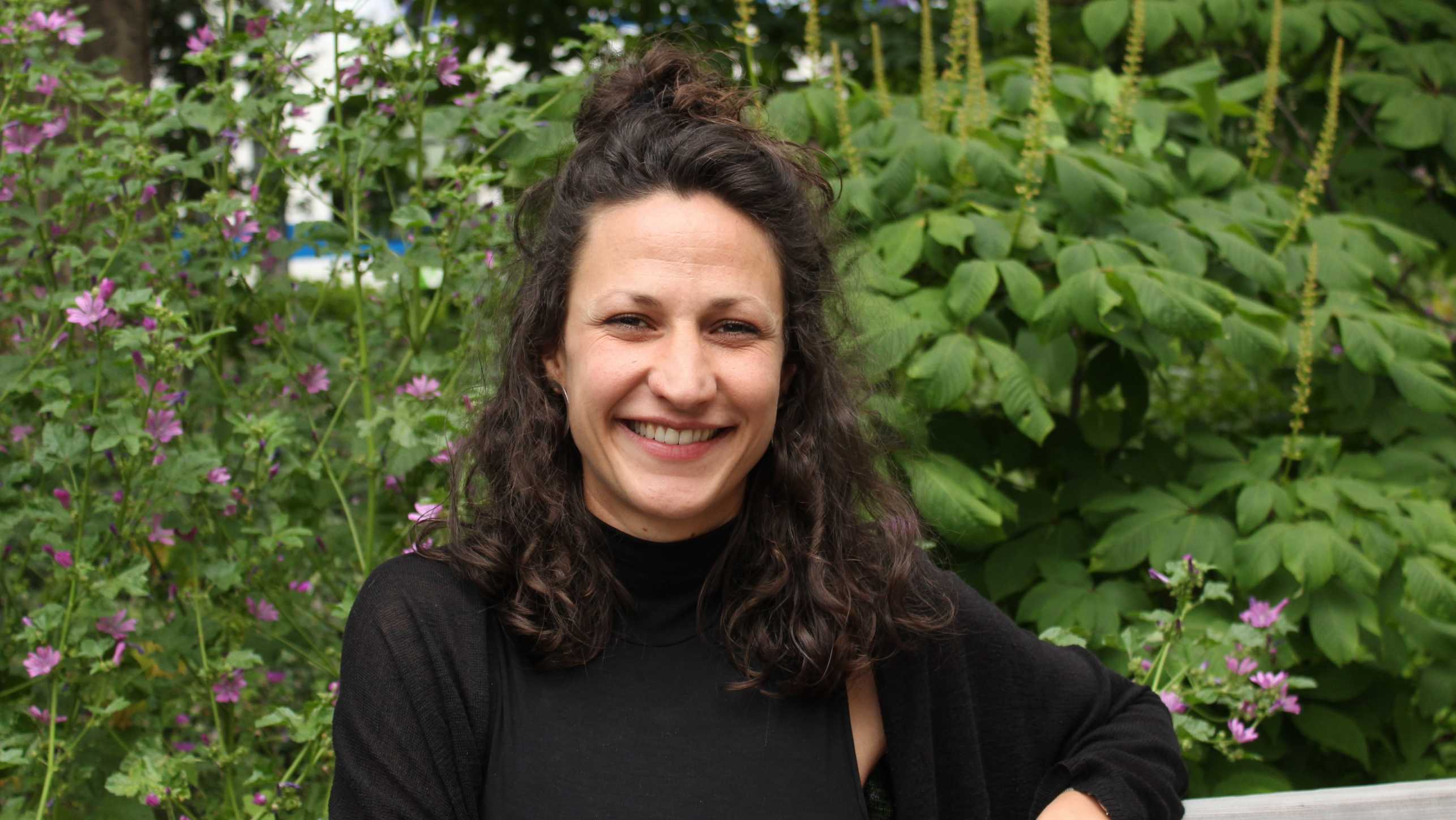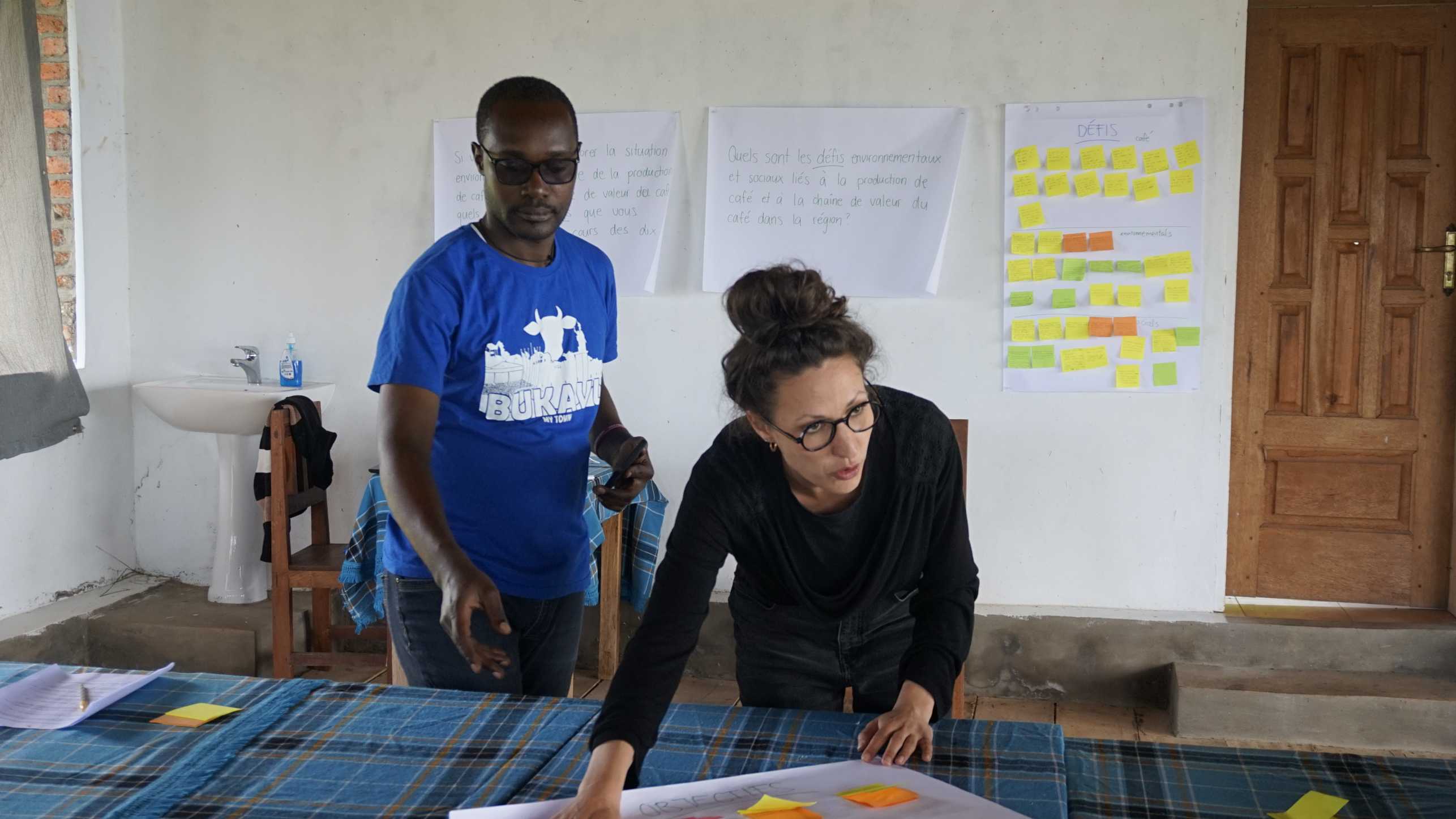Meet Braida Thom

“I love being in contact with people and being challenged by everyday life. Collaborating with local communities and understanding their point of view is important.”
Let’s meet Braida Thom, PhD student in the Agroecological Transitions group, which is linked to the SAE group. Braida is from Switzerland and graduated in Agricultural Sciences at ETH Zurich. After working at the World Food System Center, she started her PhD within the DELIBERATE project with the aim to assess the environmental and the social impact of different coffee value chains in Brazil and in the Democratic Republic of Congo.
What do you like about doing a PhD?
“I appreciate having the freedom to shape my own project, bringing in new ideas and exploring different ways to answer my research questions. Also, I love collecting data in the field! Since my bachelor’s studies, I had the chance to immerse myself in different contexts in Brazil, Ghana, Côte d’Ivoire and Congo.”
What does your work in the field look like?
“First, I plan and organise activities and meetings with the different actors of coffee value chains, such as farmers, rural workers and management staff of cooperatives and plantations. Secondly, I conduct interviews and focus group discussions with them to get to know and understand the methods they use to produce coffee, their main activities and points of view about the step of the coffee value chain they are involved in.”
Was there something that surprised you while working in Brazil or Congo?
“It is important to mention that coffee value chains can be still highly unequal. For example, Brazil is the only coffee producing country where coffee farmers can live off their salary. Instead, Western countries like Switzerland usually get the biggest share of the profits. Thus, seeing that in the field did not surprise me, but every time I still feel angry when noticing how unequal things are.”
What were the memories or lessons that you brought back with you after exploring these realities?
“It is impressive and inspiring to see how people fight for justice. For example, I remember a Brazilian woman belonging to the Landless Workers’ Movement saying, “My life project is a collective project”, summarizing her fight and dedication to improve the wellbeing of her community. Establishing fruitful collaborations based on trust, and listening to all local actors is crucial, not only for our work but also to really understand these processes and to give voice to the different and often marginalized protagonists of food value chains.”
If you are curious to know more about Braida’s research, visit the project website.
You can contact her via e-mail for more questions:
